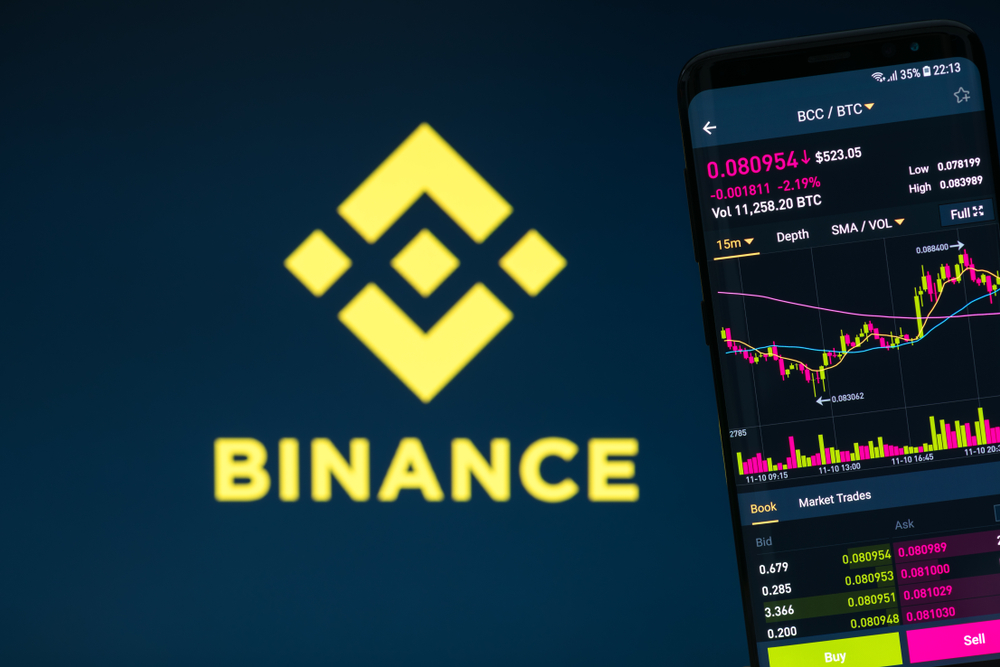HitBTC, the cryptocurrency exchange has been accused by the Bitcoin Private (BTCP) developers of acting in a fraudulent manner in regards to the token’s delisting from the exchange following a planned coinburn.
Portrayed in a letter written on Feb. 26, to the exchange by the Petros Law Group, the said accusations were filed on behalf of the BTCP community and the developers and contributors. Which was later published by the Bitcoin PrivateTwitter profile on March 9.
Dear #BTCP community – please read the legal letter below, that uncovers @hitbtc and their questionable, unjustifiable reasoning behind the removal of Bitcoin Private from their exchange. https://t.co/Bp4Yjqp4Ez
— Bitcoin Private [BTCP] (@bitcoinprivate) March 9, 2019
The letter was published the day BTCP was delisted from HitBTC, as per the author HitBTC attempted to extort BTCP following unresolved complications arising from the coinburn.
The document further adds that BTCP was created in a fork from ZClassic (ZCL) and Bitcoin (BTC) at the beginning of March last year. At the time a notice of a future coinburn included in its whitepaper: the scheduled event was meant to delete (or “burn”) all the coins which haven’t been claimed (or moved) since the fork. On March 3, 2018, the day after the launch, HitBTC reportedly charged the BTCP team a listing fee of half a million dollars in Bitcoin.
The document also includes screenshots of the since-deleted tweets in mid-February from HitBTC, to explain that since the exchange’s BTCP addresses were created after the fork took place, users won’t be affected by the coinburn.
Notably, On Feb. 15, one day before the coinburn was planned to happen HitBTC reportedly contacted BTCP in series of emails requesting assistance to protect its users’ funds. This soon escalated to a request for compensation of 58,920 BTCP to be given after the coinburn due to expected losses.
However, the document clearly explains that underlined that BTCP address created after the fork will not be affected. Now since the situation did not exist, the exchange did not have a basis to be concerned about users’ loss of funds. In spite of that, HitBTC secretly held 58,920 BTCP in a BTCP Segwit wallet. The document alleges that the concerns over the coinburn were related to the exchange’s personal funds.
Extending their claims, the document states that BTCP developers informed the exchange that they did not intend to accommodate the compensation demand. Though they provided the required technical assistance as shown in the documents with email screenshots, that is meant to help protect the funds from the coinburn.
Reportedly, the coinburn eventually happened on Feb. 17, one day after it was forecasted. On Feb. 21, HitBTC allegedly threatened to pull BTCP support if the development team did not compensate the said 58,920 BTCP.
A statement from HitBTC’s end was posted on their official blog on March 9. It stated that the BTCP team was unable to provide a safe way to move the funds before the burn and that the exchange has compensated all the custody losses.
Read more:Fidelity Digital Assets Goes Live With A Selected Group Of Clients







